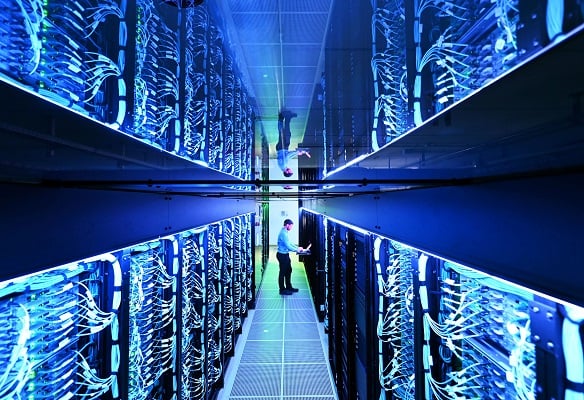British tech innovators PixelMax have outlined their vision for the hybrid work revolution and the future of the virtual workplace metaverse in a ground-breaking thought leadership blueprint that will reshape how the workplace and office of the future will evolve.
With so much attention and media chatter on what the metaverse will look and feel like, PixelMax have not only outlined their visionary plans, but have also been innovating and developing in this space for the past two years.
Entitled ‘The Virtual Workplace – Enter The Metaverse’, including how the office and work culture of the future will adapt to change. At the core of its thinking is how businesses and economies are future proofed to deal with changing dynamics of workforces, consumer demand and global events, such as future pandemics. It goes further to outline the importance of how this will impact employee well-being, mental health and work-life balance – all of which play crucial roles in shaping the virtual workplace we work in, as well as how we hire and retain the best employee talent. In turn, this also affects wider issues of global warming and climate change because of individual and workplace carbon footprints.
Manchester-headquartered PixelMax are innovators in building 3D worlds, digital real estate and online corporate assets, creating immersive multi-platforms. This can range from building the #WePlayStrong UEFA Women’s Champions League final fan engagement event in an immersive world, to a multiple blue-light emergency services simulation and training exercise with first responders and mass-casualty incidents for the ATACC Group.
2020 dramatically changed the way we worked. Practically overnight, businesses were forced to adopt a remote-first work model – and employees, businesses, Governments and students were all forced to grapple with the worlds of Microsoft Teams and Zoom. A dramatic sea change, which under normal circumstances would have likely taken years, was accelerated exponentially. Zoom and Teams were not built to become the sole form of communication in everyday life, as exemplified when people regularly disengaged from the platforms, turning their cameras off during video calls.
The overnight shift allowed businesses and global economies to conduct a degree of normality in business life and enabled global economies to retain some functionality, albeit in ‘limp-mode’. With this dramatic new way of working came issues of connectivity, ‘Zoom fatigue’ and working in a 2D environment, not to mention the mental health issues that came pre-packaged with this imperfect way of business and workplace communication.
What this did do, however, was open our eyes to the benefits of remote working and greater work-life balance. It meant not spending two hours commuting every day, saving hundreds of pounds in car parking, fuel and travel costs, all of which contribute on a daily basis to global warming and climate change. At the same time, air quality in the majority of cities drastically improved during the lockdown period and air pollution was at record-low levels in 2020.
The sea change in the workplace environment also showed how vulnerable businesses and global economies were to a pandemic. Lockdowns had huge impacts on companies, management of employees, their productivity and output. Supply chains, logistics and fulfilment were all impacted. 2020 showed our vulnerability to a physical virus and the impact of a post-Brexit economy.






Leave a Comment